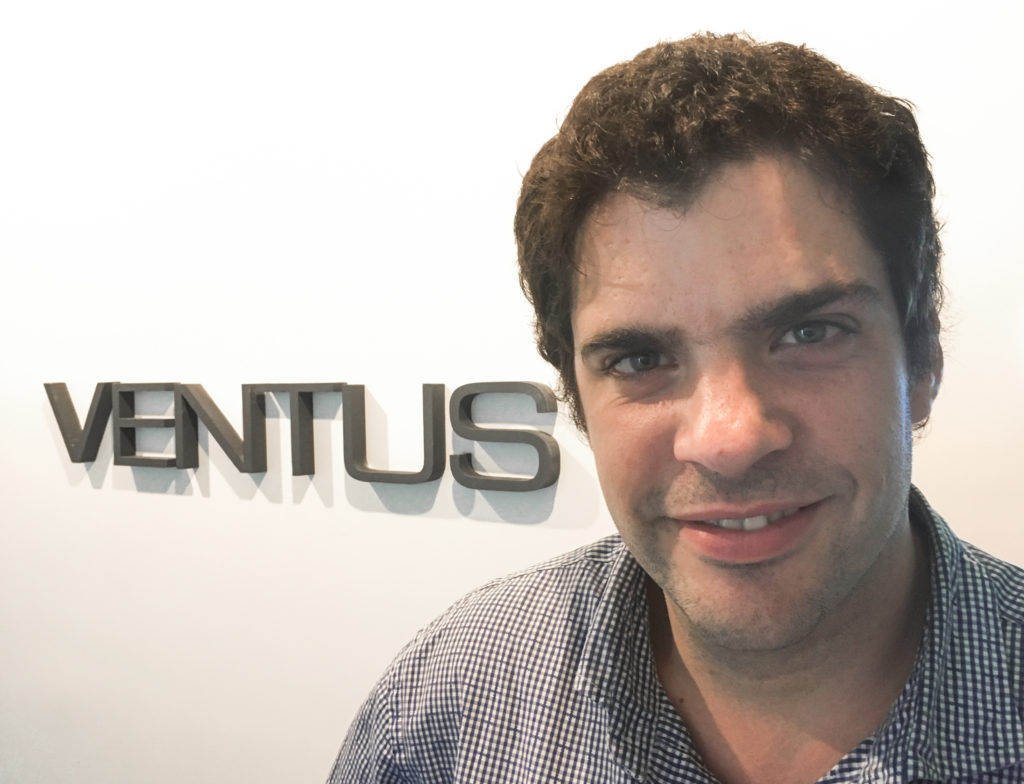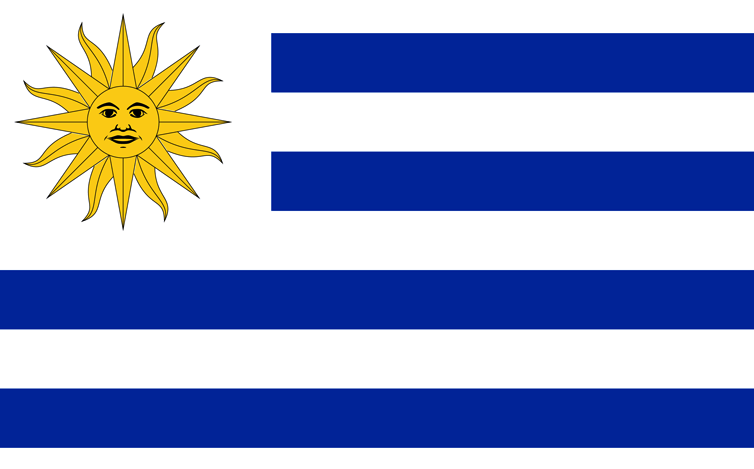«LA CORRECTA GESTIÓN DE PROYECTOS EVITA DESVÍOS EN PLAZOS Y COSTOS»
- 11 de septiembre de 2018
[tp lang=»es» not_in=»en»]
Fuente: Energía & Negocios

Alfredo Morelli, Gerente de Operaciones de Ventus Argentina habla de los desafíos de la construcción de un parque eólico, y la experiencia que la empresa tiene en la región.
Si bien los procesos de construcción son bastante homogéneos, existen diferencias constructivas a considerar en los parques de 10MW ó 100MW, diferentes tipos de suelo, niveles de tensión de conexión, etc. Depende mucho del parque, la potencia, cantidad de aerogeneradores y el sitio donde se construya el parque.
Lo primero que se comienza es la Ingeniería. Si bien puede considerarse un proceso tedioso, termina siendo vital para el éxito del proyecto. En particular, permite lograr mayores optimizaciones y evitar problemas en etapas finales de construcción y puesta en marcha. Para comenzar con la Ingeniería, es necesario tener una buena ingeniería básica, acordada con la utility. A su vez, estudios geotécnicos, topografía, hidrología, acceso a la capacidad de transporte y estudios de impacto ambiental son fundamentales. La ingeniería eléctrica, particular la relacionada a las obras de conexión, es crítica comenzarla cuanto antes ya que suele ser el camino crítico del proyecto y se necesita para iniciar el proceso de compra de equipos principales.
Hemos visto en el pasado que la mayoría de los proyectos se han preocupado, con razón, en asegurarse el transformador de potencia. En la práctica, vemos que han sido otros suministros los críticos.
Una de las primeras actividades de obra, es la civil. La misma abarca diferentes especialidades como vial (caminería, plataformas) y estructuras (cimentaciones). La extensión de caminos de decenas de kilómetros así como también fundaciones de más de 50 camiones mixer por base, implican obras que pueden extenderse entre 4 y 12 meses, de acuerdo al tamaño y complejidad del parque.
Algunos meses más tarde, aún sin finalizar la obra civil, comienza la obra eléctrica. Cada proyecto es un mundo. La tensión de conexión, infraestructura existente, necesidad o no de apertura de línea y utility en cuestión definen la complejidad del proyecto. Estas obras pueden requerir entre 6 y 18 meses.
¿Cuál es el valor el servicio de gerenciamiento de proyectos y obras que realizan en Argentina?
La correcta gestión de proyectos evita desvíos en plazos y costos del proyecto que podrían atentar contra el modelo económico del negocio y su real concreción. El Gerenciamiento de Proyecto exige el más alto grado de planificación y conocimiento de la construcción de este tipo de centrales generadoras. En este sentido, y producto de la vasta experiencia de la empresa, Ventus ha participado en más de 800 MW en Gerenciamiento de Proyectos y Obras eólicas y solares fotovoltaicos en la región. Sumado a esto, la extensa experiencia de la empresa como EPCista, nos ha permitido poder brindar servicios de construcción a muchos clientes en el país.
¿Cuál es la diferencia más importante entre un proyecto EPC y un gerenciamiento de obra?
Un EPC incluye la ingeniería, suministros, identificación y mitigación de posibles inconvenientes y construcción de la central. En cambio, el gerenciamiento de la obra, es sólo una de las responsabilidades del EPCista. El EPCista entrega el proyecto llave en mano.
¿Qué experiencia tiene Ventus en esta modalidad de proyectos?
Ventus es referente en la construcción de proyectos de energía renovables, tanto eólicos como solares fotovoltaicos. En menos de 10 años operando en el continente, la empresa ha construido en modalidad EPC llave en mano más de 25 proyectos de energías renovables. Esta experiencia la convierte en una empresa con las cualidades apropiadas para dar soluciones eficientes y eficaces para diferentes modelos de negocio.
[/tp]
[tp lang=»en» not_in=»es»]

Alfredo Morelli, Operations Manager at Ventus Argentina talks about the challenges of building a wind farm, and the experience that the company has in the region.
Although the construction processes is quite homogeneous, there are constructive differences to be considered in the 10MW or 100MW wind farms, different soil types, connection voltage levels, etc. It depends a lot on the farm, the power, number of wind turbines and the place where the farm is built.
The process begins with the Engineering. Although it can be considered a tedious process, it ends up being vital for the success of the project. In particular, it allows achieving greater optimizations and avoiding problems in the final stages of construction and commissioning. To begin with the Engineering, it is necessary to have a good basic engineering, agreed with the utility. At the same time, geotechnical studies, topography, hydrology, access to transport capacity and environmental impact studies are fundamental. Electrical engineering, particularly the one related to connection works, is critical to start as soon as possible since it is usually the critical path of the project and it is needed to start the process of purchasing major equipment.
We have seen in the past that most projects have rightly been concerned with securing the power transformer.
One of the first activities of work are the civil aspects. It covers different specialties such as roads (roads, platforms) and structures (foundations). The extension of roads of tens of kilometers as well as foundations of more than 50 mixer trucks per base, imply works between 4 and 12 months, according to the size and complexity of the farm.
Some months later, even without completing the civil work, the electrical work begins. The tension of connection, existing infrastructure, need or not of opening of line and utility in question define the complexity of the project. These works may require between 6 and 18 months.
What is the value of the management service of projects and works carried out in Argentina?
The correct management of projects avoids deviations of deadlines and costs of the project that could threaten the economic model of the business and its real concretion. Project Management requires the highest degree of planning and knowledge of the construction of this type of power plants. In this sense, and product of the vast experience of the company, Ventus has participated in more than 800 MW in Project Management and Wind and Solar Photovoltaic Works in the region. Added to this, the extensive experience of the company as EPC constructors, has allowed us to provide construction services to many customers in the country.
What is the most important difference between an EPC project and a construction management?
An EPC Project includes engineering, supplies, identification and mitigation of possible problems and construction of the plant. On the other hand, the management of the work is just one of the responsibilities of the EPC constructor. This one delivers the turnkey project.
What experience does Ventus have in this type of project?
Ventus has great experience in the construction of renewable energy projects, both wind and solar photovoltaic farms. In less than 10 years operating in the continent, the company has built more than 25 renewable energy projects in EPC modality. This experience makes it a company with the appropriate qualities to provide efficient and effective solutions for different business models.
[/tp]




